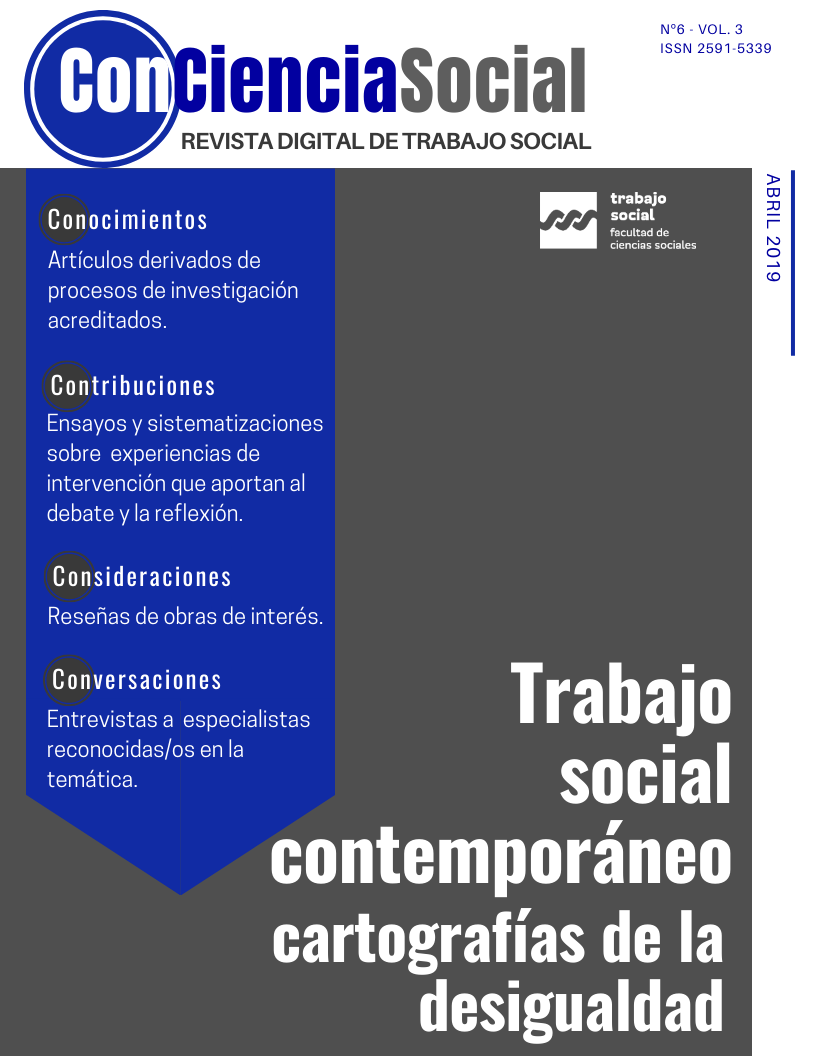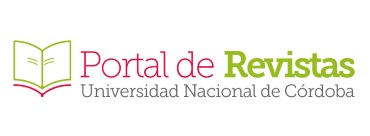People living alone: alternative for independence or a way of survival?
Keywords:
Family home, one-person household, self-employment, senior citizens, child labourAbstract
This paper compares, reflects and investigates why a phenomenon so characteristic of industrialized countries, the increasing presence of people living alone (single-person households) due to the fact that these countries have gone through the demographic transition and place a high value on individual independence; occurs in Bolivia, characterized on the contrary by the coexistence of tradition and modernity, of pre-capitalist and capitalist forms of production, which conditions that even people with families (married and cohabiting) are seen by necessity, impelled to migrate alone to other territories of the country, which offer them labor alternatives, most of the time without any social insurance; Likewise, there is a significant presence of seniors living alone and even some children, given that in Bolivia the economically active population is counted from the age of ten.
After this more general analysis, the situation of single-person households in four municipalities in the departments (the primary subdivisions of Bolivia) of Cochabamba, La Paz, Oruro and Potosí is shown in a more specific way, where their proportion is between 38 and 50 per cent.
Also, some questions are raised, the clarification of which requires a more particularized and in-depth qualitative research and statistical analysis.
References
Arriagada, Irma (2007): Transformaciones familiares y políticas de bienestar en América Latina. En Familias y políticas públicas en América Latina: una historia de desencuentros. Libros de la CEPAL Nº 96. Santiago de Chile.
Bauman, Zygmunt (2014): Amor líquido. Fondo de Cultura Económica. Buenos Aires.
Castells, Manuel (2001): El poder de la identidad. En La era de la información Vol. II. Siglo XXI. México.
Castro, Norah (2012): El Trabajo Social en Bolivia. En Melano y Deslauriers (dirs.). El Trabajo Social Latinoamericano. Elementos de identidad. Lumen. Buenos Aires.
Castro, Norah (2015): Familias monoparentales en Bolivia. Tesis doctoral (inédita). Universidad Pablo de Olavide. Sevilla
Castro, Norah (2018): Las familias en Bolivia. Trabajo de año sabático (inédito). Universidad Mayor de San Andrés. La Paz
Giddens, Anthony (2002): Sociología. Alianza, Madrid.
Klinenberg, Eric (2012): Going Solo: The Extroardinary Rise and Surprising Appeal of Living Alone. Penguin Press, New York
Otros documentos consultados:
INE (Instituto Nacional de Estadística) Resultados del Censo Nacional de Población y Vivienda 2012 (actualizados al año 2014). La Paz .
Base de datos de los hogares unipersonales (preparados especialmente para este trabajo) Censo Nacional de Población y Vivienda 2012 (actualizados al año 2014). Instituto Nacional de Estadística. INE. La Paz .
Downloads
Published
Issue
Section
License
Aquellos autores/as que tengan publicaciones con esta revista, aceptan los términos siguientes:Los autores/as conservarán sus derechos de autor y garantizarán a la revista el derecho de primera publicación de su obra, el cuál estará simultáneamente sujeto a la Licencia de reconocimiento de Creative Commons que permite a terceros:
Compartir — copiar y redistribuir el material en cualquier medio o formato
Adaptar — remezclar, transformar y construir a partir del material para cualquier propósito, incluso comercialmente.
La licenciante no puede revocar estas libertades en tanto usted siga los términos de la licencia.Los autores/as podrán adoptar otros acuerdos de licencia no exclusiva de distribución de la versión de la obra publicada (p. ej.: depositarla en un archivo telemático institucional o publicarla en un volumen monográfico) siempre que se indique la publicación inicial en esta revista.
- Se permite y recomienda a los autores/as difundir su obra a través de Internet (p. ej.: en archivos telemáticos institucionales o en su página web) después del proceso de publicación, lo cual puede producir intercambios interesantes y aumentar las citas de la obra publicada. (Véase El efecto del acceso abierto).
Los derechos de explotación comercial (Copyrigth) quedan reservados para los autores.













